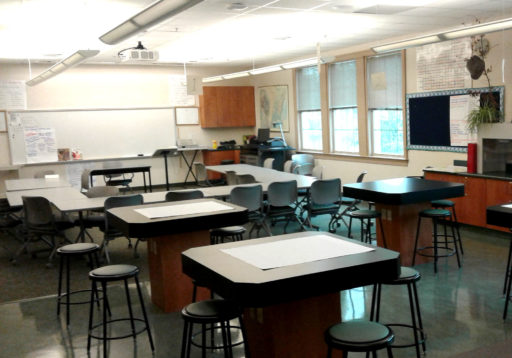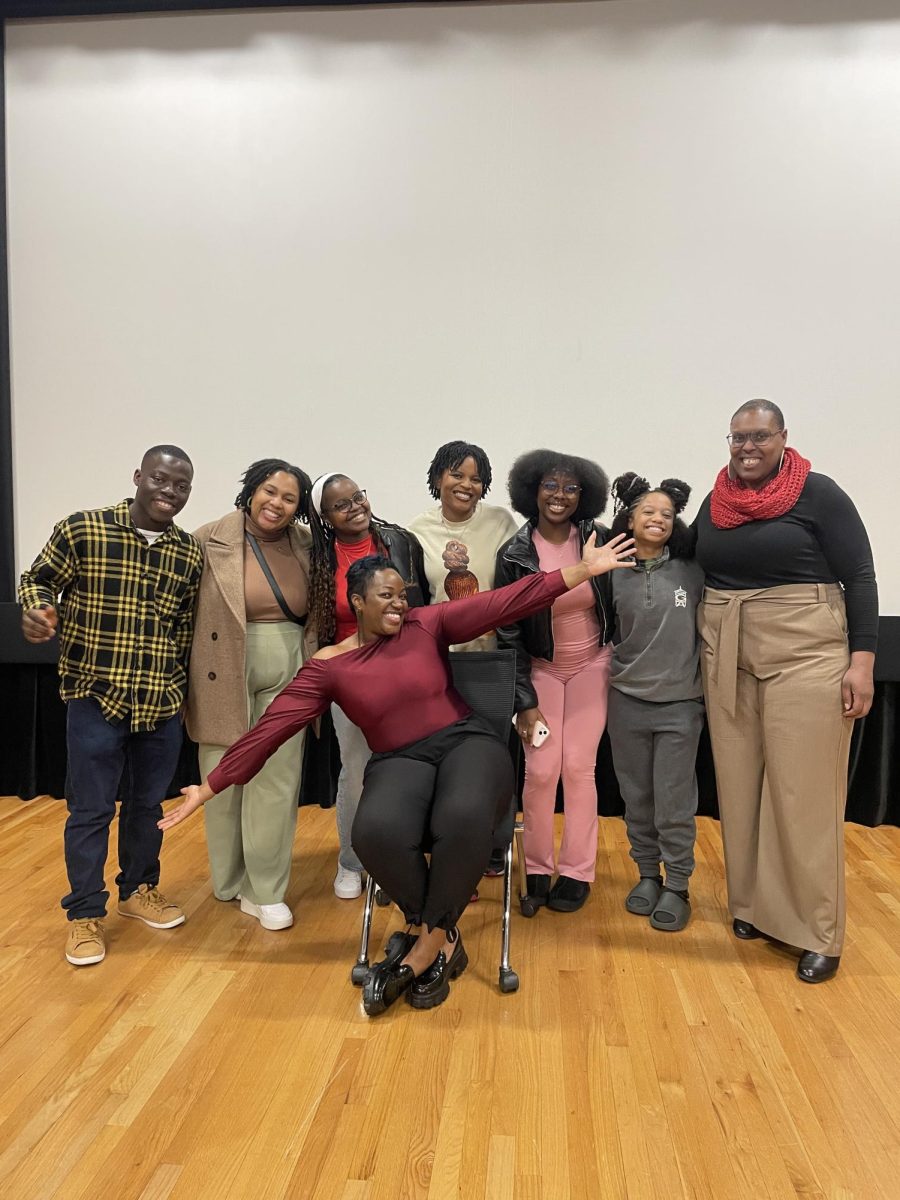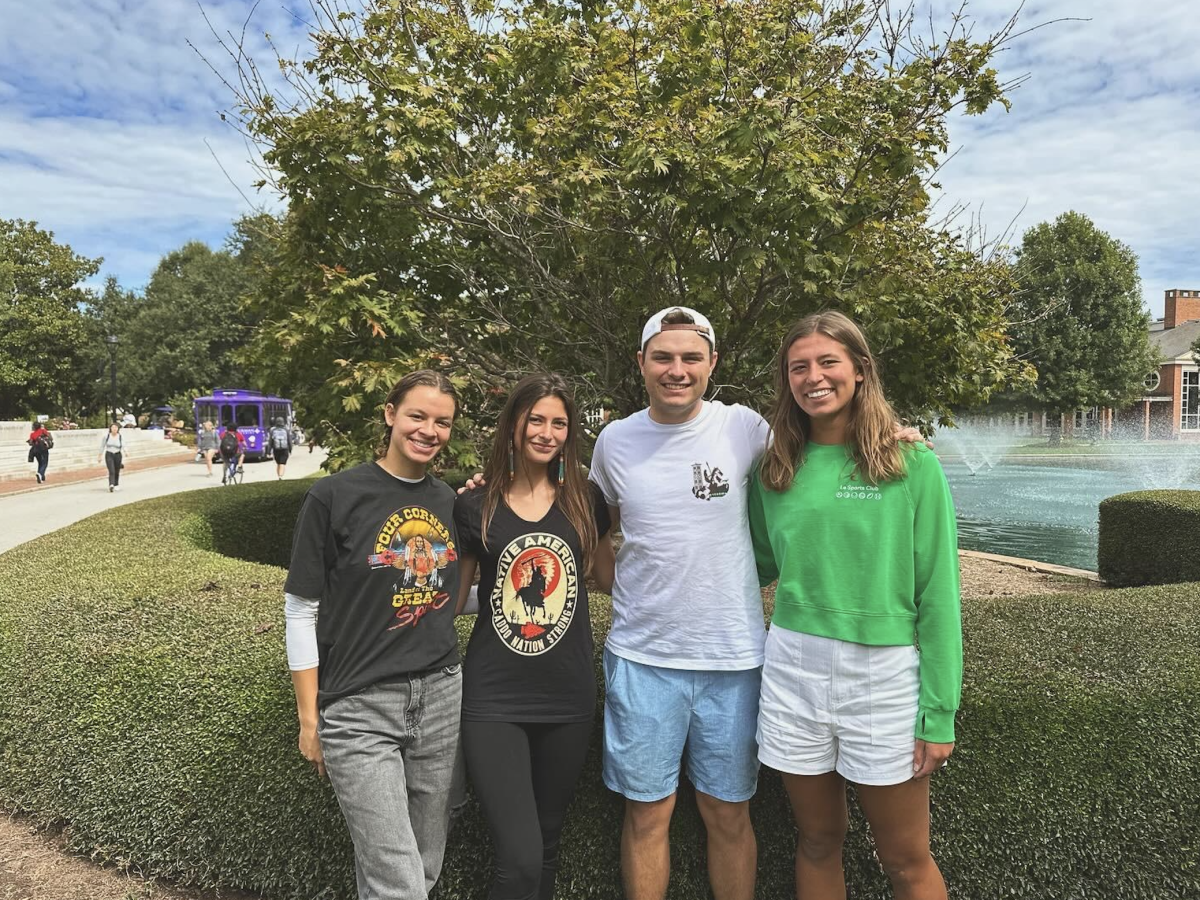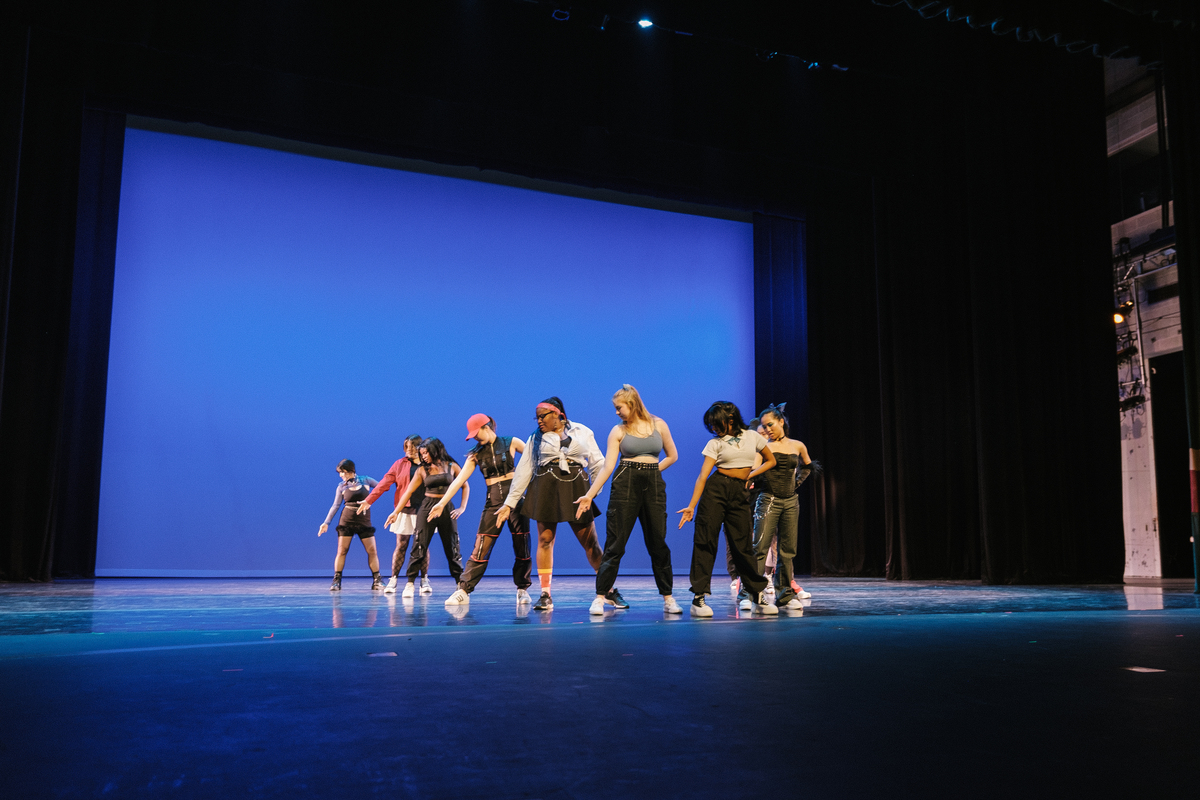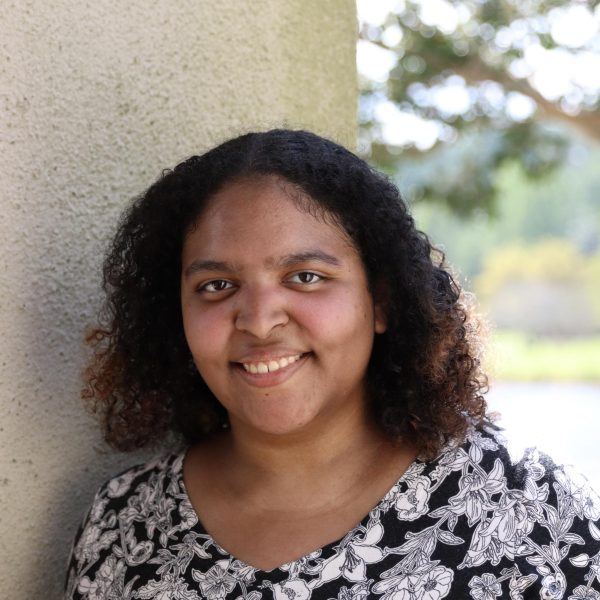Before the 2022-2023 school year, Pathways was an optional two-course sequence advertised as a way to ease the transition into college. Beginning this year, students are required to complete the program to graduate.
Dean Harmon told The Paladin that Pathways was made into a graduation requirement to give students a common experience throughout their first two years and to provide them with a common language as they transition into college and carve out their individual life paths. Furthermore, he hopes that Pathways will allow students to have more coherent advising, since in previous years students have reported differing levels of satisfaction with their advisee experience. He also hopes that it will help promote Furman’s Diversity, Equity, and Inclusion initiatives.
The decision to make Pathways a graduation requirement was not sudden; faculty members met several times to discuss and vote on the new requirement. Dean Harmon added that the decision to make Pathways a requirement, rather than keeping it optional, came from years of research that followed Pathways students over their time at Furman. Research found students enrolled in Pathways greatly benefited from the content learned in class, as well as the additional advising and mentoring opportunities provided—in fact, it was recently announced in a Student Government Association meeting that students who were in Pathways were 3-5% more likely to stay at Furman than their counterparts not enrolled in Pathways.
When asked what advice he would give to students currently enrolled in Pathways, he said to approach the program with an open mind and to look for the things that will be beneficial to them, rather than focusing on what they do not find beneficial. Furthermore, Dean Harmon states that Pathways makes Furman University very unique, as he has spoke to faculty members at other universities who have tried to implement similar programs, but did not have the same success as Furman has had. However, frequent complaints about Pathways invoke questions within the general student body of whether or not Pathways is a time-filler for freshmen. Some freshmen have utilized YikYak to remind peers to give negative feedback at the end of class, and one post even called for fellow classmates to unionize against the program in hopes they can get the requirement canceled.
In an interview with The Paladin, Emily Clancey ’26 said, “the general consensus among my fellow freshmen friends is that the average Pathways meeting could’ve been an email. Personally, while I don’t always feel like the Pathways meetings are an efficient use of my time, I understand why the program exists and I think it’s good that it’s mandatory.”
Clancey added, “I don’t think the ‘deeper level/learning to thrive/getting along with peers’ aspect is particularly effective. There’s only so much you can do in a class to teach people how to be happy in college. If I weren’t thriving mentally, I don’t think Pathways would change that.” She also noted that, while she does not find the mandatory peer mentor meetings helpful, she does believe the practical advice on adjusting to college coursework and communicating with professors is helpful.
Freshmen on YikYak often use phrases such as “busy work,” “waste of time,” and “useless” to describe the course. These sentiments of pessimism and disinterest are a contrast to the aims of the “Furman Advantage” which hinges on engaged learning.
Des Parker ’26 stated, “the only thing that is helpful in the class is learning how to navigate Furman specifically, but that’s about it.”
Sophomore Ori Chambliss, who was enrolled in Pathways last year, stated, “Most of the material wasn’t really helpful to me, but it might have been helpful to others. I like my faculty advisor, and I made some great friends in the course, which helped with adapting, but I had a really easy transition in general so Pathways didn’t do a lot for me.”
Peter Paluszak ’23, who was in Pathways for three semesters, noted that he eventually withdrew from the program because it “stopped being worth [his] time.” He stated, “Pathways being required goes against what a liberal arts degree is about. Students get to pick and choose what courses they get to take. Sure, they have to receive specific credits, but usually there are plenty of options for how they can receive the credit. But Pathways is the same program for everyone, meaning when it’s a required course, everyone is forced to take a class.”
Paluszak also noted that Pathways made it difficult to register for classes, since he had to request to overload so he could take four courses for his general education and major requirements. Paluszak’s case is not unique, and Furman recognized the overloading issue. In the course of making Pathways required, Furman’s administration voted on several logistical changes for freshmen, such as changing the amount of course credits freshmen can take from sixteen to seventeen.
Other students have had a positive experience with the Pathways program. Sophomore Mya Tran said she really enjoyed her time in Pathways. “Having a low-stress environment where we learn real-life skills really allows me to feel more comfortable going forward with my time at Furman,” Tran said. “[I have met] a community of students from all different majors, experiences and perspectives.”
Students interviewed provided feedback for the program. Students recommend that changes could come from making the assignments feel less like “busywork.” In her interview, Clancy suggested that the curriculum could be amended into the First Year Writing seminar, since so many students struggle with the fact that Pathways adds another class to their schedule. Paluszak also suggested to revert the Pathways program to being optional, to make registration less difficult.



































